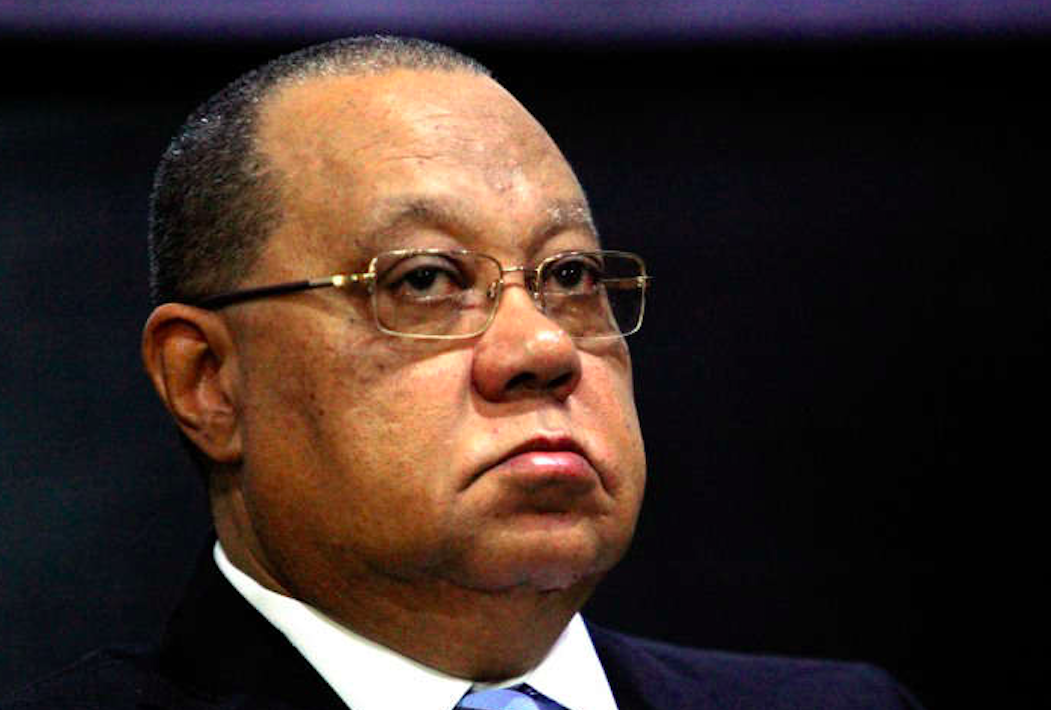The Attorney General of the Republic (PGR) of Angola admitted today that the amnesty law proposed by the Government could take around 2,000 prisoners, 10% of the prison population, out of jails and lead to the shelving of several cases.
Helder Pitta Gróz was speaking in Luanda on the sidelines of the swearing-in ceremony of 30 new sub-attorneys of the Republic, but said it was not possible, for now, to specify how many people will benefit from the amnesty law, as it has not yet been approved by the National Assembly
Read also: Check out our coverage on Angola
The proposal was approved on Tuesday by the Council of Ministers, to grant amnesty for all common crimes punishable by imprisonment for up to 10 years, committed by nationals or foreigners, in the period between November 12, 2015 and November 11, 2022, with some exceptions in crime typologies.

“More than 20,000 people are imprisoned in the country and we were thinking at least 2,000 could leave,” estimated the attorney general.
The PGR added that the amnesty law is not limited to cases of pretrial detention or those serving a sentence.
“We have to see the cases that are under investigation because there are many crimes that do not provide for preventive detention and that are covered by the amnesty and whose cases will be shelved. We are seeing all this and the universe of processes that could be archived to relieve as much or as much either the SIC [Criminal Investigation Service] or the DIIP [Directorate for Investigation of Criminal Illicits],” said Pitta Gróz.
The proposed amnesty law does not cover intentional crimes committed with violence or threats to persons, which resulted in death or when there was use of a firearm, violent crimes, high-level drug trafficking, human trafficking, sex trafficking, weapons and war munitions trafficking, penetrative sex crimes, sexual crimes against minors or those committed through sexual aggression, and crimes to promote and aid illegal immigration.
Crimes of embezzlement, money laundering, environmental crimes, those resulting from vandalization, destruction or deprivation of public goods, against the security of the State, which do not admit parole under the law, those of incitement to public disorder, to insurrection and coups d’état and crimes that cannot be prescribed under the terms of the Constitution and the law are also not amnestied.
Likewise, property crimes, whose damages have not been repaired and assets that have been seized in criminal proceedings, which are now amnestied, are declared forfeited in favor of the State, are not covered or covered by this proposed amnesty law.
“The exception is that, if these assets are titled or owned by a third party, these assets are not lost in favor of the State and must be returned to their normal and common owner,” said the Minister of Justice and Human Rights, Marcy Lopes.
With information from MSN/Lusa (Raquel Rio)

